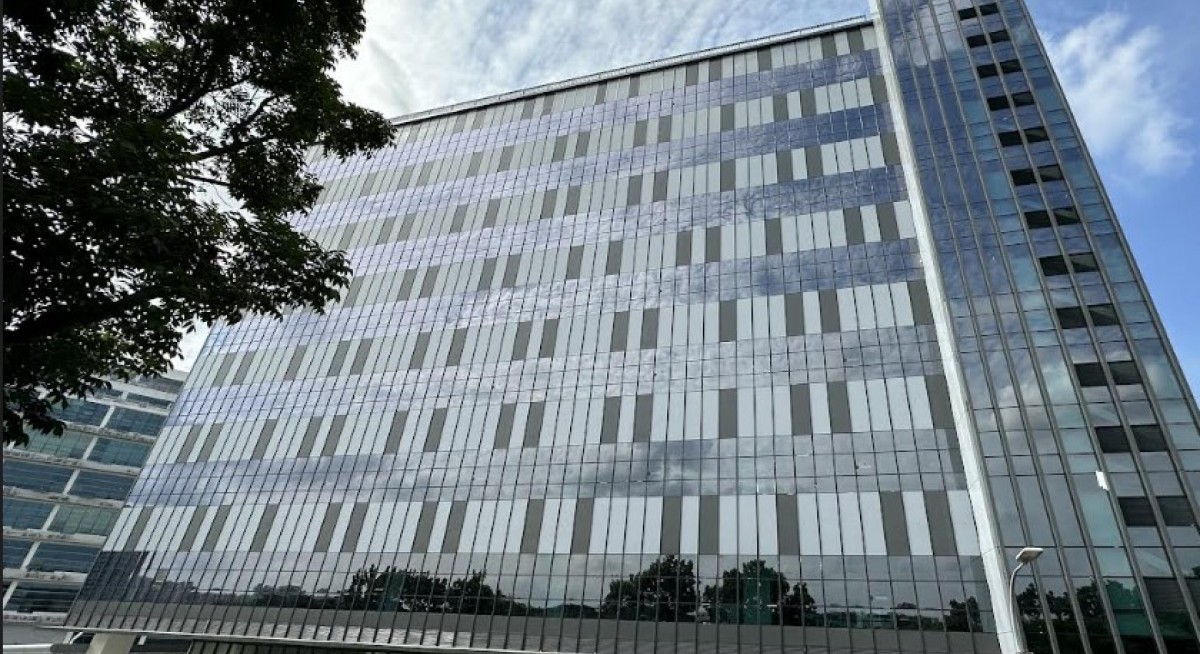In 2HFY2023, DPU fell by 23% y-o-y to 1.186 cents. The lower DPU is a result of lower revenue and net property income (NPI) from the divestment of non-core assets, higher interest cost and the depreciation of the AUD against the SGD. Revenue declined by 3.1% to $189.5 million while NPI fell by 6.5% to $132.3 million.
With the EFR and divestments, E-LOG’s aggregate leverage is down to 35.7% as at end-December 2023 and the REIT has no refinancing requirements in this year.
Operating metrics remained robust. With positive rental reversions in all sectors, overal rental reversion in FY2023 was 11.1%. Rental reversion was driven primarily by the New Economy sectors of Logistics (12.4% positive rental reversion) and High-Specs (19.6% positive rental reversion). To-date, E-LOG’s passing rents are below market rents suggesting that reversions are likely to stay positive in FY2024. Occupancy rate in FY2023 was marginally higher y-o-y at 92.8%.
Separately, E-LOG’s manager is proposing to invest US$70 million in ESR Japan Income Fund which has five properties under management with a valuation of $1.74 billion. The acquisition would be 1.8% accretive to DPU, with a cash-on-cash yield of 5%. The WALE is 4.2 years compared to E-LOG’s WALE of 3.4 years.
See also: Marco Polo Marine reports revenue of $32.8 mil for 1QFY2026
“Recognising the potential detriment of a higher-for-longer interest rate environment on distribution, valuation, and gearing, we took proactive measures early in FY2023 through the execution of our “4R Strategy” to Recycle capital and Recapitalise our balance sheet. In response to emerging headwinds in the financial markets, we swiftly executed a $300.0 million equity fund raising exercise, and Recycled capital via the divestments of 10 non-core assets amounting to $440.6 million in anticipation of capitalisation rate expansion and more expensive funding costs,” says Adrian Chui, CEO of E-LOG’s manager.




